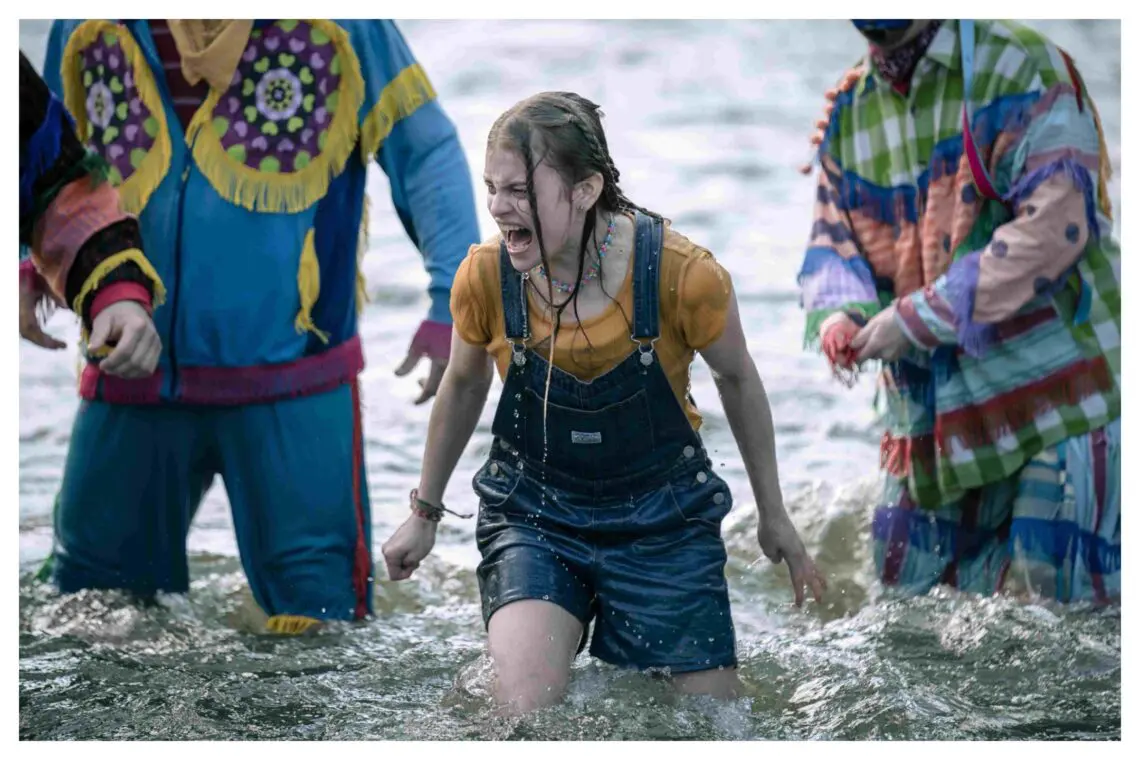Celebrating 40 years of emerging talent at the Warsaw Film Festival
Poland’s Warsaw Film Festival is marking its 40th anniversary, positioning itself as a major platform for emerging Polish filmmakers, many of whom are making their feature debuts. This celebration highlights the festival’s vital role in fostering new talent within a competitive and challenging industry.
A springboard for new voices
The event, often regarded as a springboard for new filmmakers, faces considerable challenges. According to programming directors, the journey to a feature debut in Poland is far from easy. Monika Majorek, the creative mind behind Where Do We Begin, echoes this sentiment. Her film, a poignant exploration of family dynamics after a father’s death, took years of dedication and the right choices to manifest.
“It was difficult to meet a producer who would believe in a film that’s quiet and intimate, but also impactful,” says Majorek. This sentiment resonates with many filmmakers who find the industry’s preference for loud and controversial topics overwhelming. Majorek’s film stands as a testament to the need for quieter, more introspective voices in Polish cinema.
Women in direction: The long wait
Director Dominika Montean-Pańków offers insights into the unique challenges female directors face in the industry. On average, a female director might wait five to six years to make her feature debut. Montean-Pańków’s focus on the metaphysical aspects of cinema underscores a trend where stories delve into the human soul and psychology, areas often neglected by mainstream productions.
“The market has become extremely competitive,” she notes, as scripts from both new talents and seasoned creators flood producers’ desks. Yet, films like her latest, The Crossroads, are making waves, shining a light on often overlooked perspectives and themes.
The rise of international collaborations
With limited funding, international collaborations and co-productions are increasingly seen as viable pathways for filmmakers. Piotr J. Lewandowski, director of Unspoken, discusses the arduous nature of these ventures, which require ‘angelic patience‘ and typically involve years of waiting.
Lewandowski’s film, primarily self-financed, tackles themes of sexual abuse and trauma. His experience mirrors that of many filmmakers who see international partnerships as both a necessity and an opportunity to tell their stories on a broader stage.
Addressing trauma and social issues
Justyna Mytnik, in her debut film Wet Monday, explores trauma and sexual violence, shedding light on the often-hidden pain inflicted by family and societal expectations. Producer Marta Gmosińska emphasizes the impact these personal, heartfelt stories can have, advocating for more voices to confront these pressing issues openly.
As Mytnik reflects on the long journey to bring her film to life, she highlights the significance of political changes in Poland. New political landscapes often bring hope for greater acceptance and support for diverse, female-driven narratives.
Embracing diverse casts
Diversity in casting, especially the inclusion of elderly actors, is another growing trend among Polish filmmakers. From Montean-Pańków’s The Crossroads, featuring an octogenarian protagonist, to Bartosz M. Kowalski’s horror film Night Silence, set in a retirement home, there’s a newfound focus on stories that honor and explore the experiences of older generations.
Aneta Nowicka, presenting the documentary The Coal’s Daughter at the festival, emphasizes her desire to give a voice to women in the mining industry. Her film breaks away from traditional, male-dominated narratives and provides a much-needed platform for strong female representation.
Challenging the status quo
The festival also aims to challenge the deeply ingrained auteur legacy in Polish cinema — the belief that directors should write their own screenplays regardless of their writing prowess. An intensified focus on script development is seen as crucial to elevating the quality of Polish films. “To excel in storytelling, we must provide outstanding scripts and reconfigure how funders prioritize and support screenplay development,” states the head of Warsaw Next, a program aimed at bridging the gap between film schools and the industry.
Bridging film schools and the industry
The new initiatives at the festival, like KIPA Days and Warsaw Next, seek to create opportunities for young filmmakers. These programs are directed at refining scriptwriting skills and providing filmmakers with practical tools to navigate the industry.
Looking towards the future
As the Warsaw Film Festival opens with Kulej. All That Glitters Isn’t Gold, a biographical film about a legendary 1960s boxer, it remains firmly rooted in its Polish context while reaching for international relevance.
With a focus on new and diverse stories, from riveting horrors to profound explorations of life and relationships, the festival continues to be a beacon for fresh talent. As political and cultural landscapes shift, there’s a hopeful optimism that more unique and deeply personal stories will come to light.
Let’s celebrate and support this wave of emerging filmmakers. Share this article if you believe in the power of cinema to drive change and inspire discussion.

 Italian
Italian







